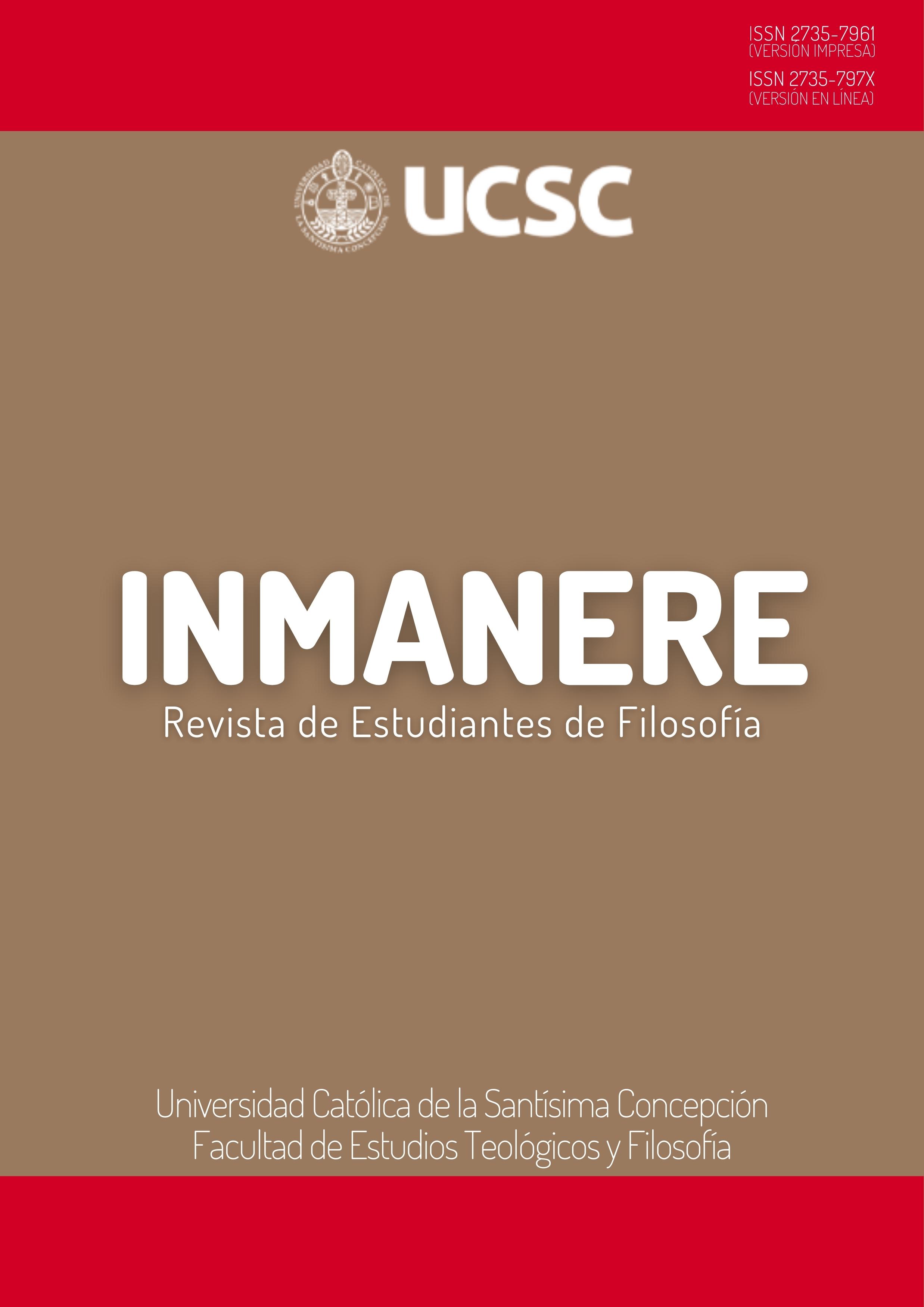La justicia política en Tomás de Aquino y la política de la justicia en John Rawls
Main Article Content
Abstract
This article deals with the binomial justice and politics from the perspectives of Thomas Aquinas and the liberal John Rawls. Although it corresponds to different times, it is possible to establish a meeting point between these thinkers through justice and its relationship to the political level. Both themes with full validity and matter of divergent positions. For this reason, understanding what both raised in this regard can provide us with elements when considering these two concepts as necessary and essential in social construction.
Therefore, the purpose of this paper is to establish the aspects that are present in both authors and how they characterize the link between justice and politics from some of their works. Thus, from the analysis of their possibilities and scope, we conclude the elements that can help today in social practice and in the construction of life in common as citizens.
Downloads
Article Details

This work is licensed under a Creative Commons Attribution-NonCommercial 4.0 International License.
The work is licensed under a Creative Commons Attribution 4.0 International License. This license allows sharing and adaptation of the material in any medium or format, even for commercial purposes. Proper attribution must be given, including a link to the license and indicating any changes made to the material. No additional restrictions may be applied that legally limit others from exercising the permissions granted by the license.
References
Aquino, T. (1945). Tratado del gobierno de los príncipes. [A. Seyjas, Trad.]. Cultural.
___________. (1990). Suma de Teología III. [O, Calle., L, Jiménez, Trad.]. BAC.
Aristóteles. (1988). Política. Gredos.
Buzeta, S. (2014). “Precisiones de Tomás de Aquino en torno a la noción de concordia política (homónoia) de Aristóteles”. Sapientia, (70), 236, 99-108. http://bibliotecadigital.uca.edu.ar/repositorio/revistas/precisiones-aquino-nocion-homonoia.pdf
Chalmeta, G. (2002). La justicia política en Tomás de Aquino. Una interpretación del bien común político. [J. García, Trad.]. EUNSA.
Echeverry, Y., Illera, J. (2013). Libertad e igualdad en la teoría de la justicia de John Rawls. Revista Conflicto & Sociedad, vol.1, (1), 36-56.
González, M.a (1995). Liberalismo v/s comunitarismo (John Rawls: una concepción política del bien). DOXA, (17-18), 117-136.
Martínez, J. (1993). El bien común político según Santo Tomás de Aquino. Thémata. Revista de filosofía. (11), 71-99.
Rawls, J. (1995). Teoría de la justicia. [M. Dolores, Trad.]. FCE.
_______, (2002). La justicia como equidad. Una reformulación. [A. Francisco, Trad.]. Paidós.
_______, (2015). Liberalismo político. [S. Madero, Trad.]. FCE.
Vigo, A. (2006). Aristóteles. Una introducción. IES.
Widow, J. (1995). Escritos políticos de Santo Tomás de Aquino. CEP.
Zambrano, P. (2005). Sobre la noción política de persona en John Rawls. Persona y Derecho, (52), 121-141.




